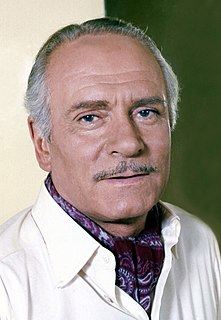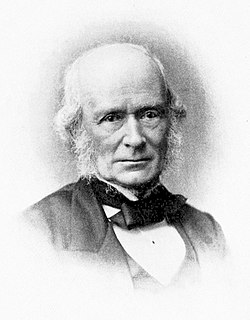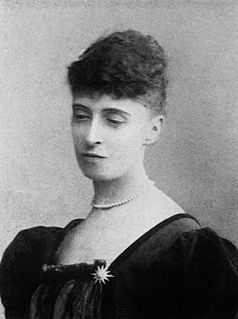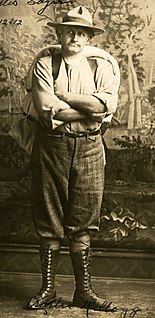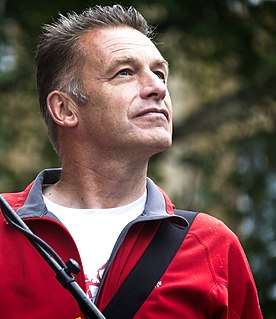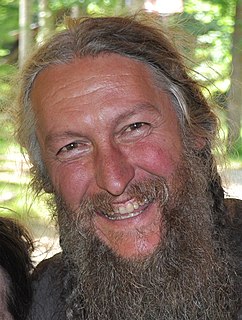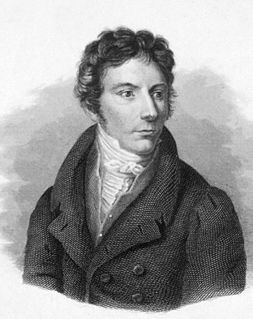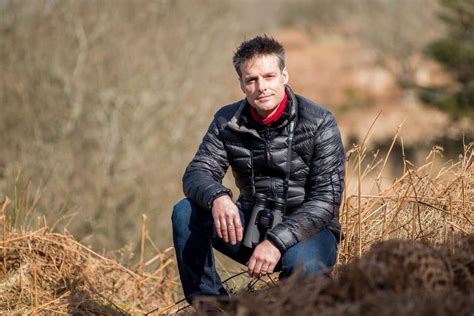A Quote by Georges-Louis Leclerc, Comte de Buffon
Time is the great workman of Nature.
Quote Topics
Related Quotes
It is a great mortification to the vanity of man, that his utmost art and industry can never equal the meanest of nature's productions, either for beauty or value. Art is only the under-workman, and is employed to give a few strokes of embellishment to those pieces, which come from the hand of the master.
Time is in itself [not] a difficulty, but a time-rate, assumed on very insufficient grounds, is used as a master-key, whether or not it fits, to unravel all difficulties. What if it were suggested that the brick-built Pyramid of Hawara had been laid brick by brick by a single workman? Given time, this would not be beyond the bounds of possibility. But Nature, like the Pharaohs, had greater forces at her command to do the work better and more expeditiously than is admitted by Uniformitarians.
The greatest problem before engineers and managers today is the economical utilization of labor . The limiting of output by the workman, and the limiting by the employer of the amount a workman is allowed to earn, are both factors which militate against that harmonious co-operation of employer and employee which is essential to their highest common good.
This great increase of the quantity of work which, in consequence of the division of labour, the same number of people are capable of performing, is owing to three different circumstances; first, to the increase of dexterity in every particular workman; secondly, to the saving of the time which is commonly lost in passing from one species of work to another; and lastly, to the invention of a great number of machines which facilitate and abridge labour, and enable one man to do the work of many.
It would seem as if the rulers of our time sought only to use men in order to make things great; I wish that they would try a little more to make great men; that they would set less value on the work and more upon the workman; that they would never forget that a nation cannot long remain strong when every man belonging to it is individually weak; and that no form or combination of social polity has yet been devised to make an energetic people out of a community of pusillanimous and enfeebled citizens.
Do not talk about giftedness, inborn talents! One can assume great men of all kinds who were very little gifted. They acquired greatness, became “geniuses” (as we put it), through qualities the lack of which no one who knew what they were would boast of: they all possessed that seriousness of the efficient workman which first learns to construct the parts properly before it ventures to fashion a great whole; they allowed themselves time for it, because they took more pleasure in making the little, secondary things well than in the effect of a dazzling whole.
Our Nation, a great stage for the acting out of great thoughts, presents the classic confrontation between Locke's views of the state of nature and Rousseau's criticism of them... Nature is raw material, worthless without the mixture of human labor; yet nature is also the highest and most sacred thing. The same people who struggle to save the snail-darter bless the pill, worry about hunting deer and defend abortion. Reverence for nature, mastery of nature- whichever is convenient.

